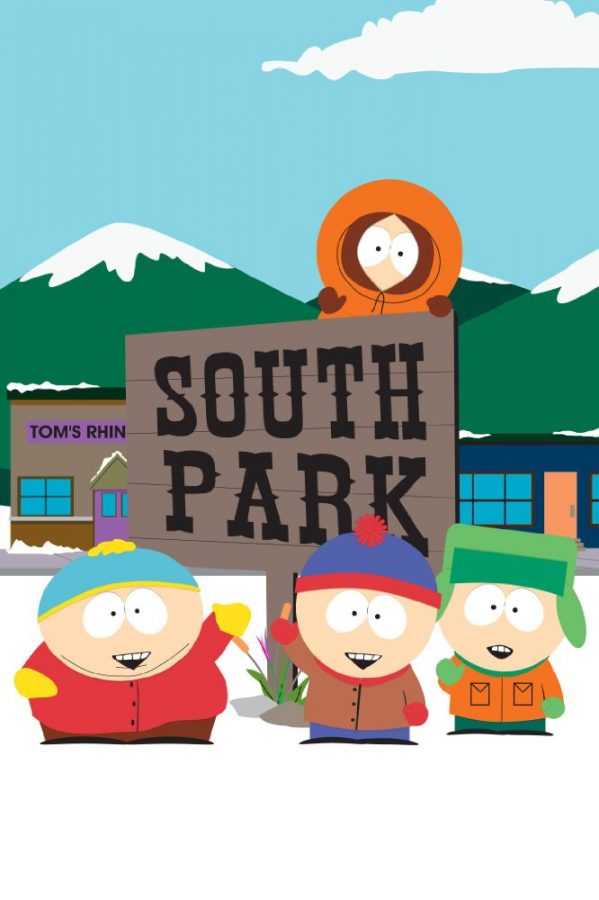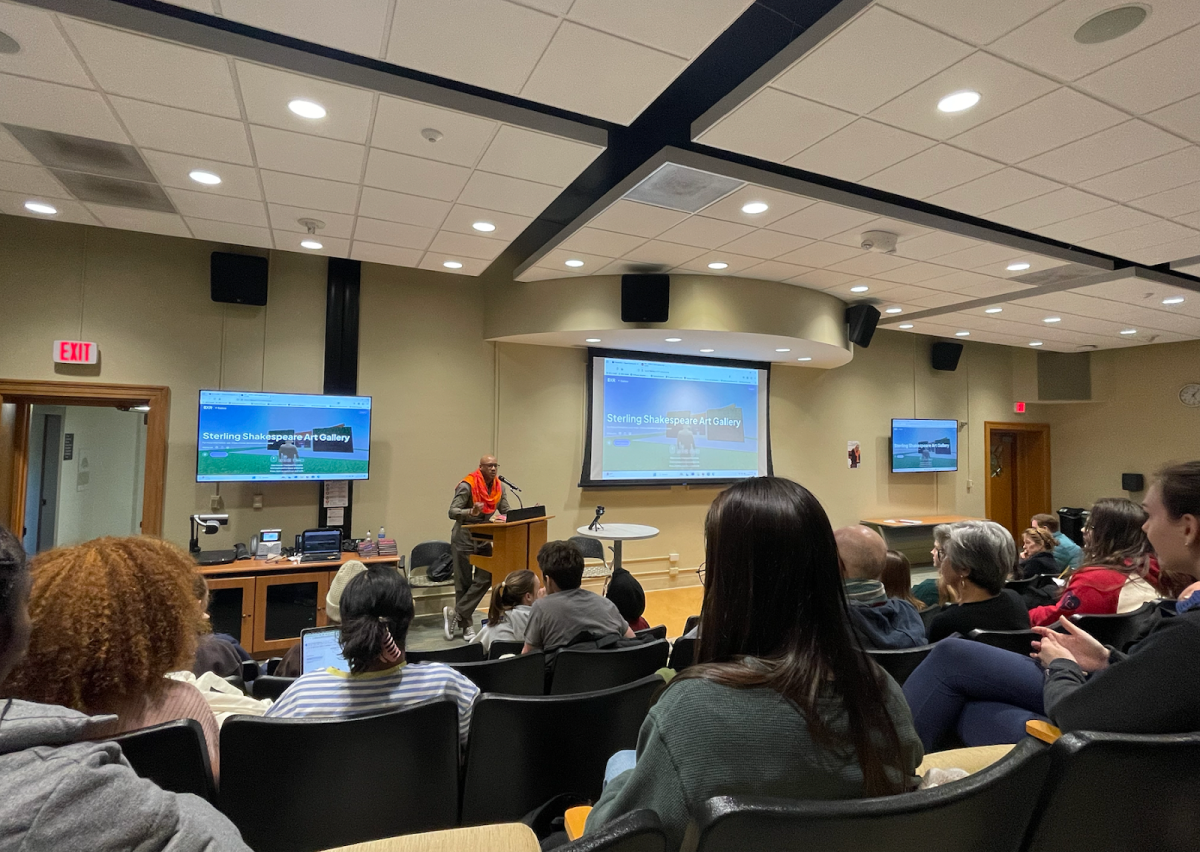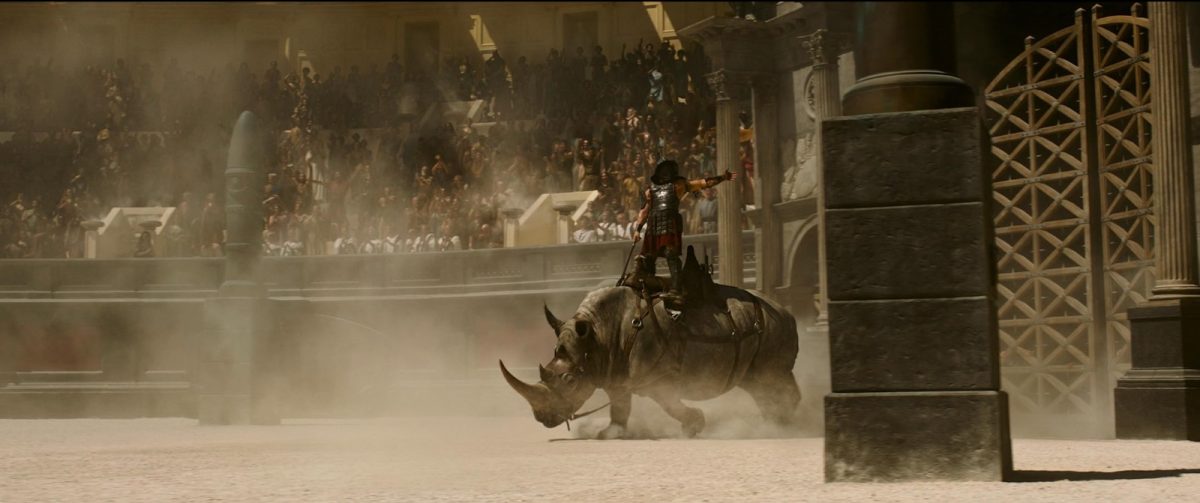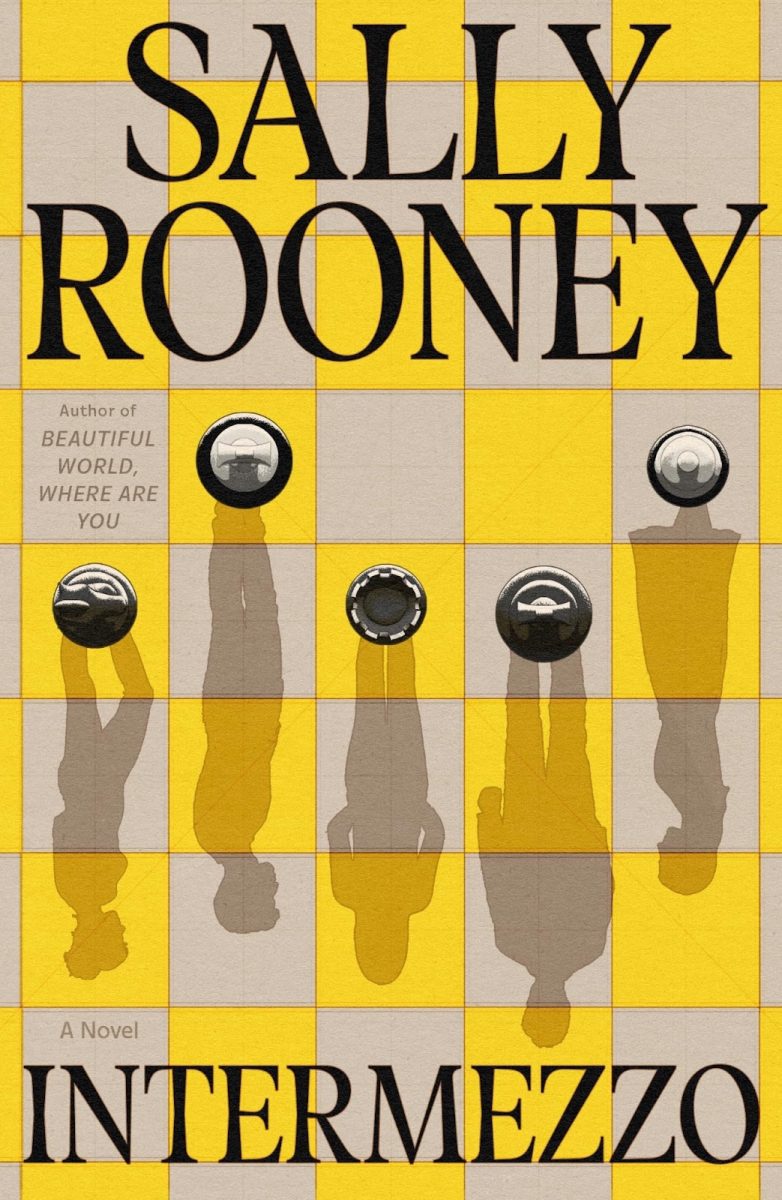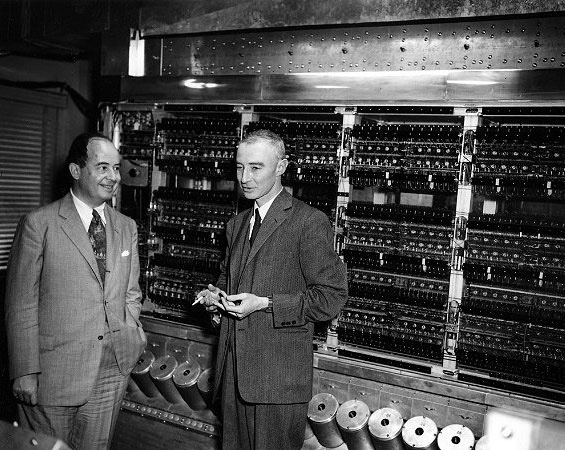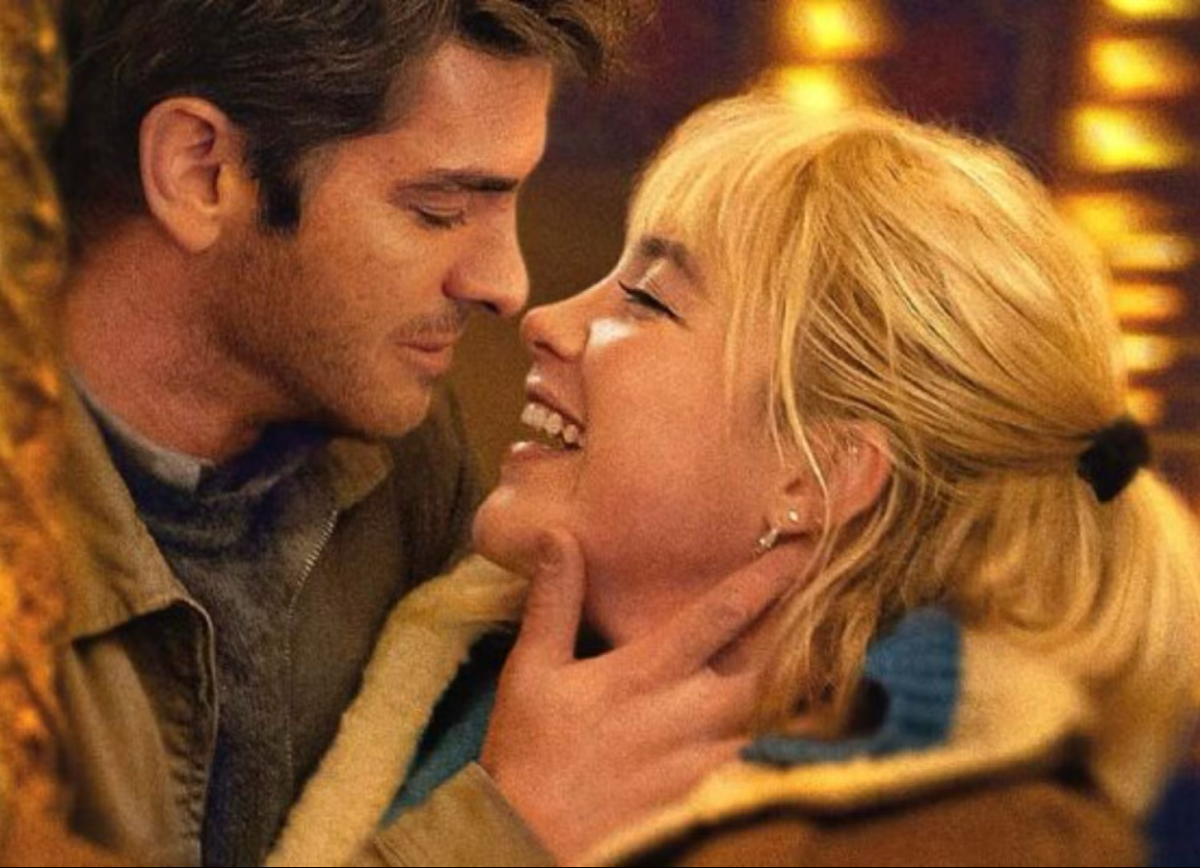When one thinks of culturally relevant shows, South Park probably does not rise to the top of their list.
In fact, many cite the show’s creators Trey Parker and Matt Stone as inciting racism with their non-inclusive language and overall bad behavior. In the premiere of their twenty-first season, the writers once again prove that they do not have their thumbs on the pulse of American culture, but rather subvert the expectations of progressive television.
While many awaited South Park to take a hard stance on the white-nationalist movement on Sept. 13, they instead took on the problems of inequality in America from multiple different angles, barely touching racism head-on. Although I think that the show should’ve been more condemning of the racism of the white-nationalist movement, their insights on automation and gentrification and its effect on some of our country’s poorest people were on point.
For example, we see in the opening five minutes that the Confederate-flag-waving rallyists take to the streets to protest Amazon Alexa and other services that “took their jobs.” It seems to me that the writers are on to something here, representing automation in the job market as a problem to lesser-educated Americans. In fact, Amazon replaces many low-wage jobs with technology, especially in their delivery services. In that, South Park is right that automation is leading a potentially rebellious group of unemployed people.
In addition to its commentary on automation and the job market, the show hits shows such as “Flip this House” really hard, creating a parody called “White People Renovating Houses.” Characters Randy and Sharon host the show, which satirizes gentrification by reducing it to television show hosts merely knocking down connecting walls between kitchens and living rooms to create more space. These two themes come together at the end when Randy encourages a white supremecist to knock down a wall in his house, a euphamism for knocking down walls between the white supremacist and people of different races.
That being said, the connection is anticlimactic if not absurd. To be clear, this show is not directly addressing the terroristic riots that took place in Charlottesville, despite placing tiki torches in the front yard of the white supremacist’s home. The events that took place in Charlottesville obviously haunt the show, yet the writers chose to avert the subject with a class-based reading of the events. The effects of this decision will likely prove to be costly to the show, whose viewership continues to decline season after season. South Park should have directly addressed the racism of the white-nationalist movement. But to be fair, they did create a moment where Randy responds to a racist diatribe with a simple “what the ****.”
Even though the season premiere of South Park proved to be a problematic one, I couldn’t help but enjoy it. I like that the show continues to critique gentrification and poke fun at Amazon and Google.
Furthermore, there were plenty of other subplots in the show that couldn’t be addressed in this article, but were funny nonetheless. All in all, I have to say apologetically, South Park has hooked me for one more season.


